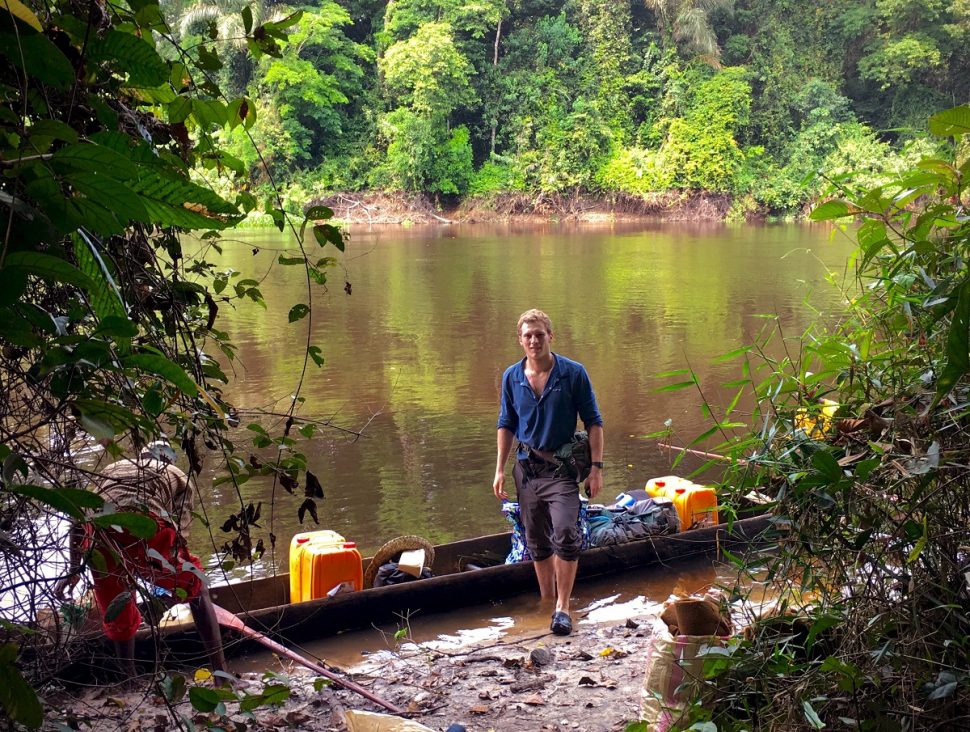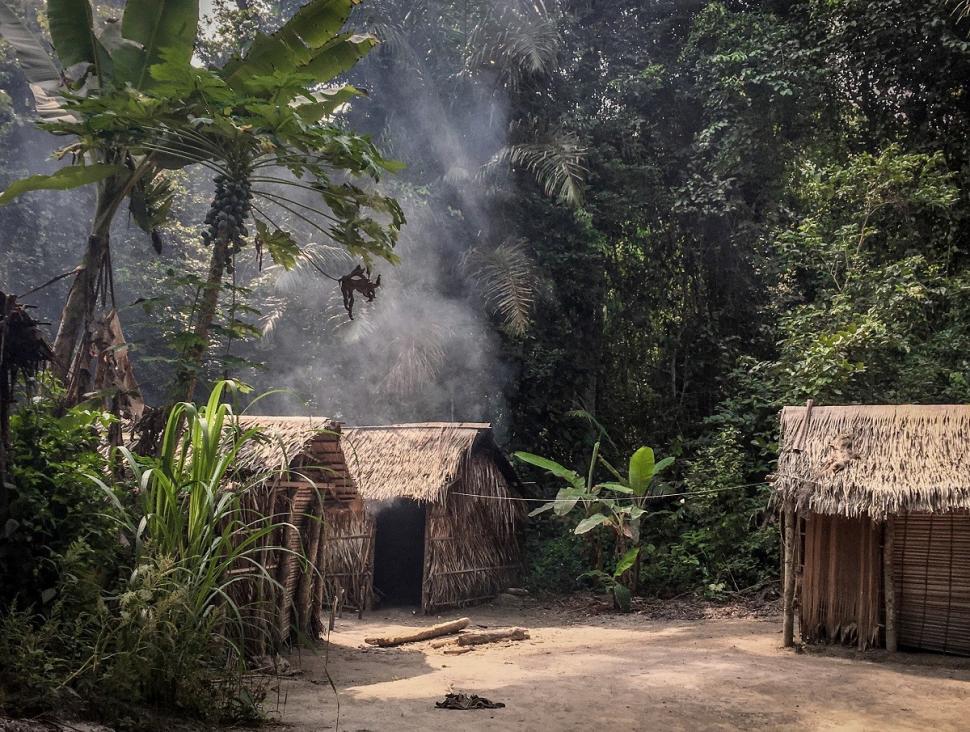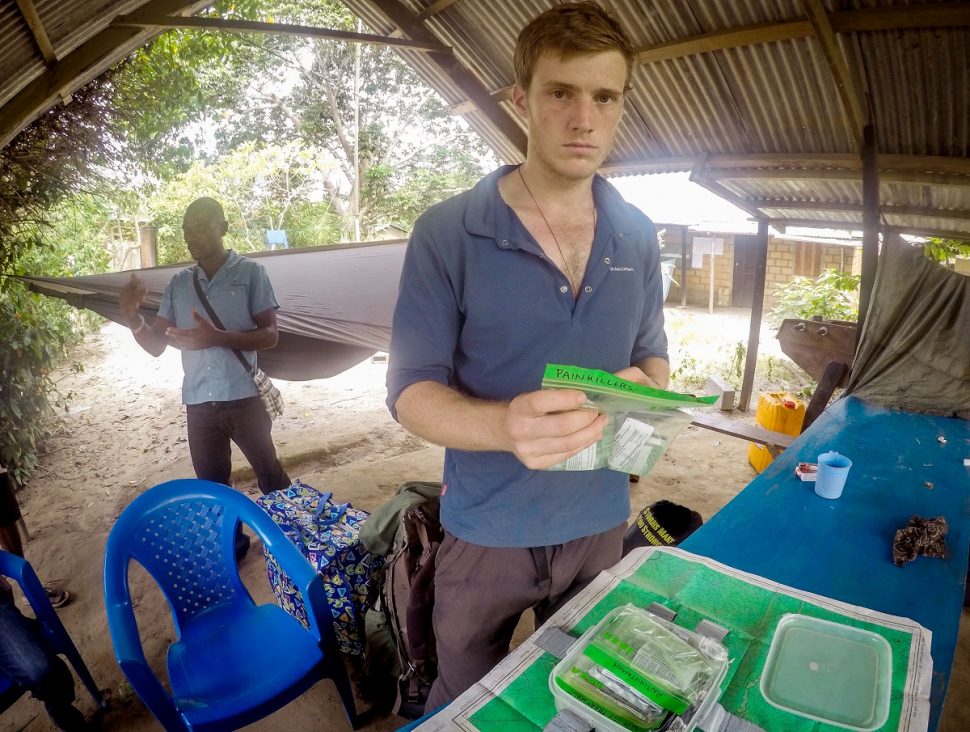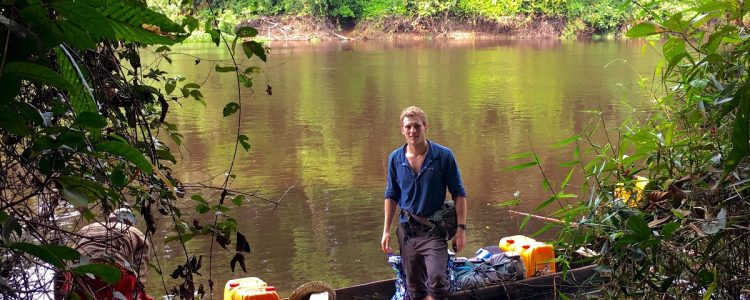Patrick Hutton is an explorer/adventurer whose escapades have taken him on expeditions through jungles, over mountain ranges and across deserts, on every continent except Antarctica. The one piece of kit Patrick won’t travel without? A Nomad Medical Kit! Here, he tells us why Nomad kits really are unbeatable…
Expeditions have been a passion of mine for quite some years now. Being a ordinary guy, they’ve enabled me to be thrown into some extraordinary circumstances. Throughout my twenties I’ve been lucky enough to trudge through the deepest parts of the New Guinea jungle, witness the birth of the Amazon river high up at its source in the Andes, own three Mongolian bactrian camels, negotiate safe passage with the commander of OPM Papuan rebels, watch the sun rise from the summit of Kilimanjaro, personally build a number of boats, accidentally sink some of the said boats, cycle hundreds of kilometres through the Australian outback, and make friends with all walks of life; from Congolese colonels to subsistence fishermen.

Being totally independent in the bush requires a carefully thought out medical kit. The only company who truly seems to understand the balance of portability vs medical self sufficiency is Nomad Travel
Being totally independent in the bush requires a carefully thought out medical kit. The only company who truly seems to understand the balance of portability vs medical self sufficiency is Nomad Travel. I always need a fine tuned medical kit to cover everything from major trauma to ‘bazooka antibiotics’. If I were to walk into a run of the mill health clinic and ask for a homeostatic agent and tourniquet to plug up a machete wound, I’d probably raise eyebrows and be sent packing. When I asked Nomad last year, they understood that this was a slim but possible outcome for my planned expedition in Congo. An accidental machete wound from hacking through thick bush happens every now and then.

I’ve entrusted Nomad to supply me for projects in most of the worlds major jungle masses, along with some mountain ranges and deserts. Each place has unique risks involved, and I am always safe in the knowledge that Nomad assess each medical risk before I go out. All I’ve got to do is concentrate on not getting cut by a machete or mauled by a crocodile in the first place!



No Comments
Be the first to start a conversation